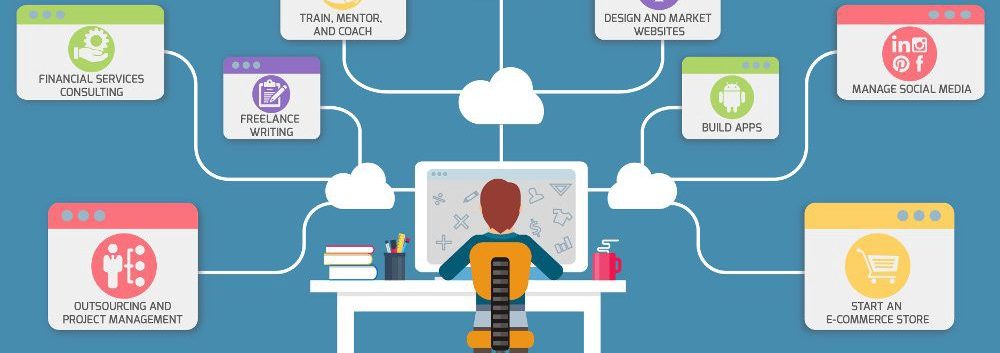SWIFT held a Nordics Business Forum— a webinar that scrutinized how the financial services sector in the region can be technologically innovative while taking care of the emergent risk factors.

The 2019 SWIFT Business Forum Nordics went down in Copenhagen where Cate Kemp, the firm’s Head of UK, Ireland and Nordics, pointed out that the financial services sector is moving into “unchartered territory.”
Regardless of the services you offer in the finance industry; consumer demands have risen than ever before. Service providers are ensuring new customer experiences with evolving tech that add further value to existing financial procedures, though regulations like PSD2 are also coming into play.
Though these are thrilling times, Kemp pointed out that some of the tech advancements can be threatening to the financial world if used maliciously or destructively. The seminar’s theme was to discuss how to seize the existing opportunities as we near the fourth industrial revolution and manage the different risks that come with these tech advancements.
Silvija Seres, CEO of Technorocks said that though tech is transforming business models and the need for regulation at threatening speeds, thinking of it as a problem is like considering gravity a problem – we just have to deal with it. The financial community must now make the most tech and digitization opportunities.
Henrik Lie-Nielsen, an entrepreneur at Tripod said banks invest more in the solutions that work for their big customers. For example, in Klarna, any bank could have established a similar e-commerce service center, but nobody did because they view it as a marginal business zone.
Martin Georgzen, Chief executive officer of Payments Development at Danske Bank said the challenges are experienced all through value chain when it comes to setting up instant payments. For example, not even the central bank is set up for the round-the-clock demands of this type of payment system.
Dag-Inge Flatraaker of SVP Payment Infrastructures said that the banking industry needed infrastructure not only to ensure that transactions are flowing instantly but also confirm that they can take care of risks of payments moving immediately.
On the other hand, Hans Van Den Bosch of Global Sector Head of Consumer Brands at HSBC felt the problem with instant payment is the application. To him, its most obvious potential is in the B2C space, but putting up reliable infrastructure is essential for changing consumer behavior from cash to newer forms.
Conclusion
Though instant payments systems are currently for the most part domestic, Nordics expect that soon these payments may cross the borders. Hopefully, these companies will come up with a solution to the various problems they face in the quick shift toward immediate payments.
Author Bio: Electronic payments expert Blair Thomas is the co-founder of high risk payment processing company eMerchantBroker. He’s just as passionate about issuing financial consulting merchant account as he is with traveling and spending time with his dog Cooper.

